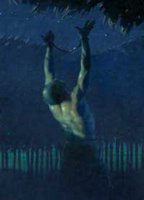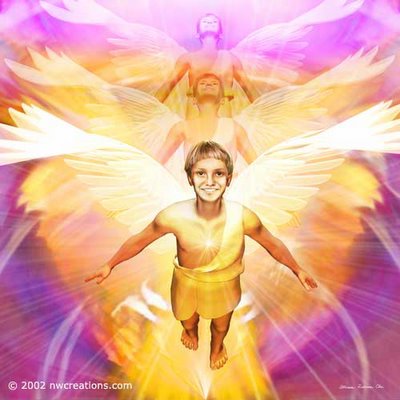War: On Christmas
A war on Christmas seems unlikely in a country dominated by Christians, the most vocal (and most powerful?) of which seem to think that their "way of life" is under threat. It makes me wonder if the love affair, replete with domestic violence and all the wonders of domesticity, between 'Merica and Christianity is newly vigorous or if it has been a long running business.
The rhetorical make up of the USA has been multiplicitous for a while, I suspect. With the left hand (the hand of the small sneaky blade), our nation has sold itself as a melting pot, a pluralism, or a multiethnic/racial place. With the right hand (the hand of justice and transparency), our nation has always been Christian in practice and discourse.
So, is the Christian dominance of our country new? No. Is the ironic and duplicitous Christian complaint of liminality new? Kind of. Religious freedom for religious exiles from Europe to 'Merica meant the freedom to be a weird (and often fundamentalist) Christian. I do not think it meant one was free not to be Christian. N. Hawthorne let us know about that. Correct me if I am wrong.
Are we facing a new attack on Christmas and Christianity wherein a completely Christian history of 'Merica is threatened by all those non-Christians? I think we are. Finally, non-Christians are taking up a voice of resistance to the double standards of religious freedom. Admittedly, the public sphere has been scrubbed somewhat clean of religious language in a number ways and places (schools, buildings, etc.).
What's the deal? Are we a Christian country or do we have religious freedom? Is it possible that both are true?
We are free to be Christian in as boring or crazy a way as we please. But, if we dare suggest that late December might be more about family than Jesus, beware.
We are fighting a war. And if you get caught, you will be an enemy combatant.
The rhetorical make up of the USA has been multiplicitous for a while, I suspect. With the left hand (the hand of the small sneaky blade), our nation has sold itself as a melting pot, a pluralism, or a multiethnic/racial place. With the right hand (the hand of justice and transparency), our nation has always been Christian in practice and discourse.
So, is the Christian dominance of our country new? No. Is the ironic and duplicitous Christian complaint of liminality new? Kind of. Religious freedom for religious exiles from Europe to 'Merica meant the freedom to be a weird (and often fundamentalist) Christian. I do not think it meant one was free not to be Christian. N. Hawthorne let us know about that. Correct me if I am wrong.
Are we facing a new attack on Christmas and Christianity wherein a completely Christian history of 'Merica is threatened by all those non-Christians? I think we are. Finally, non-Christians are taking up a voice of resistance to the double standards of religious freedom. Admittedly, the public sphere has been scrubbed somewhat clean of religious language in a number ways and places (schools, buildings, etc.).
What's the deal? Are we a Christian country or do we have religious freedom? Is it possible that both are true?
We are free to be Christian in as boring or crazy a way as we please. But, if we dare suggest that late December might be more about family than Jesus, beware.
We are fighting a war. And if you get caught, you will be an enemy combatant.



